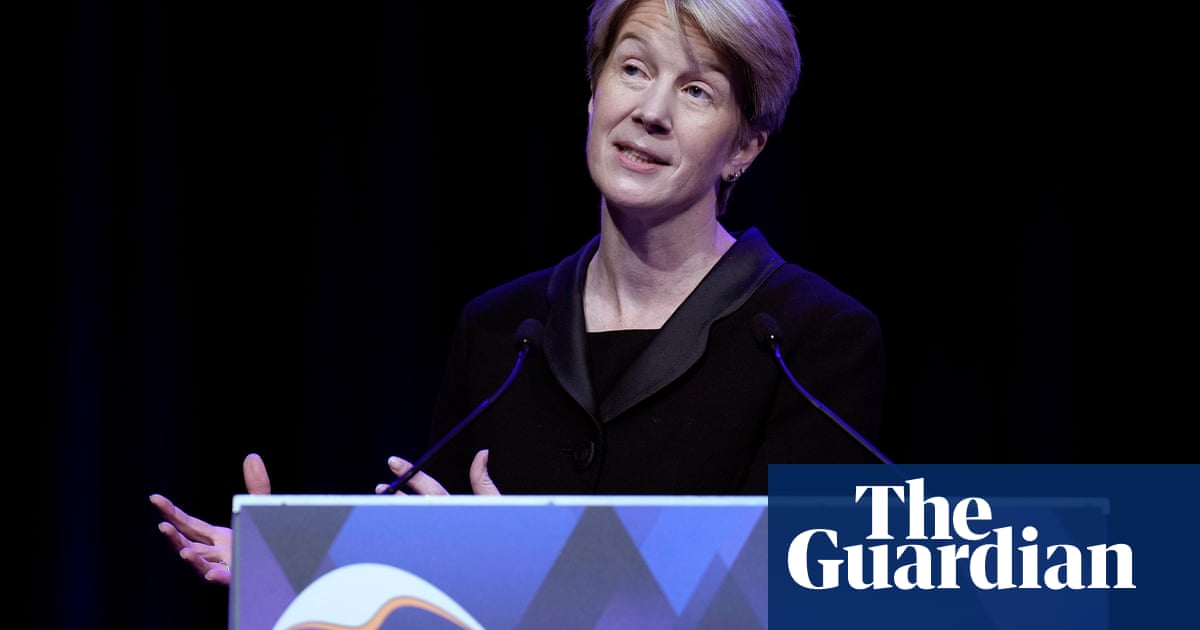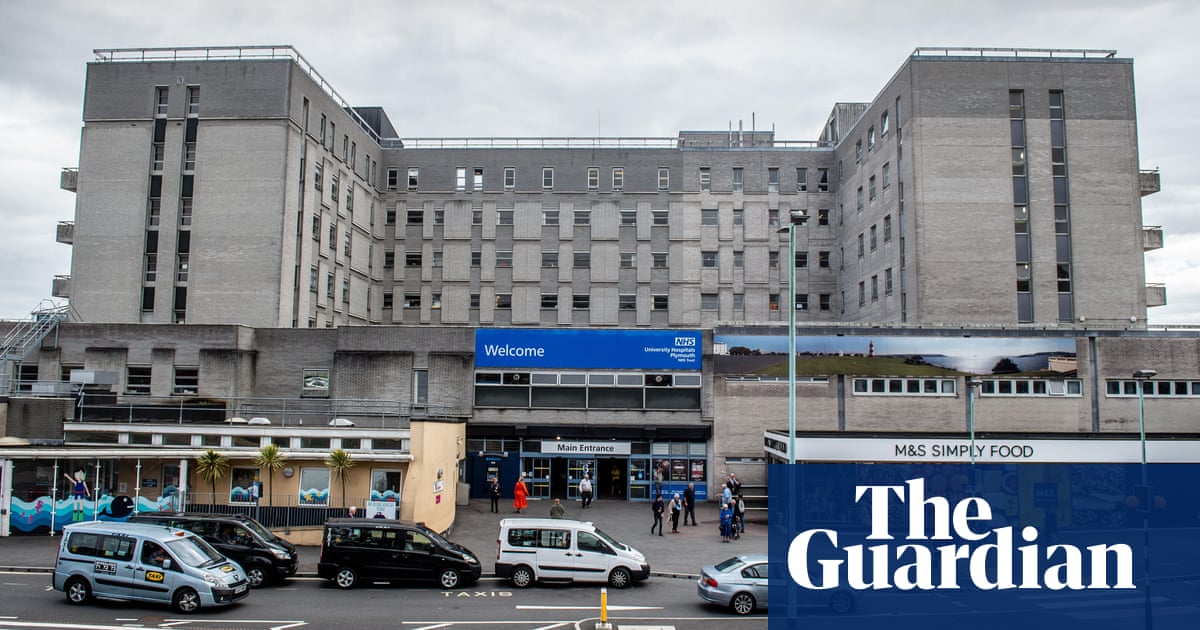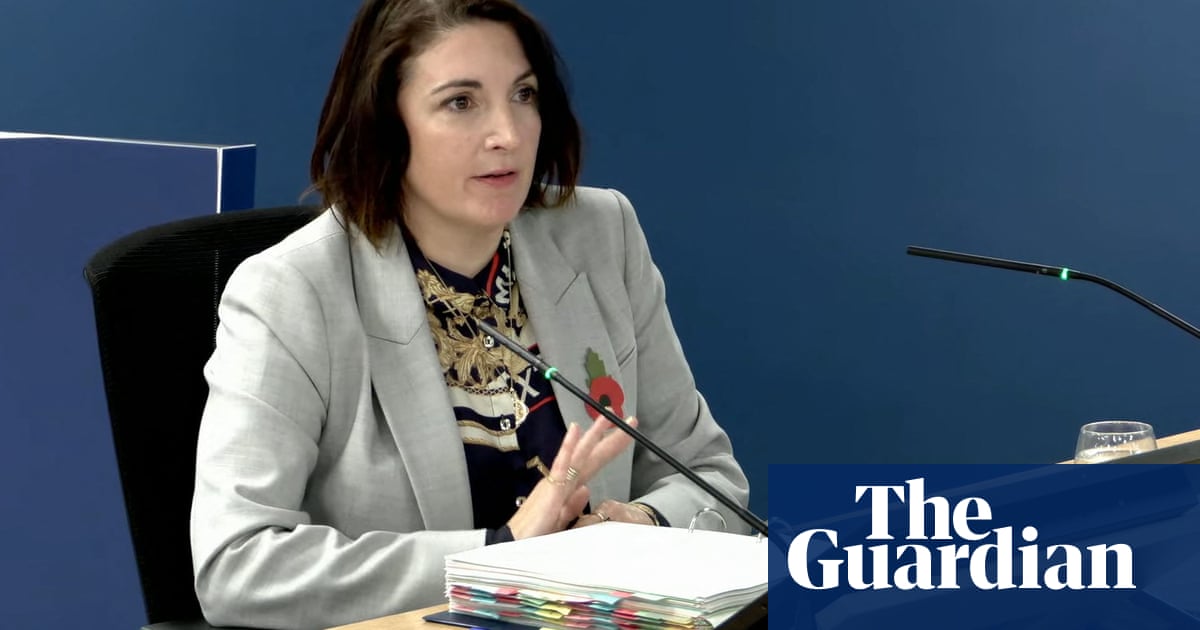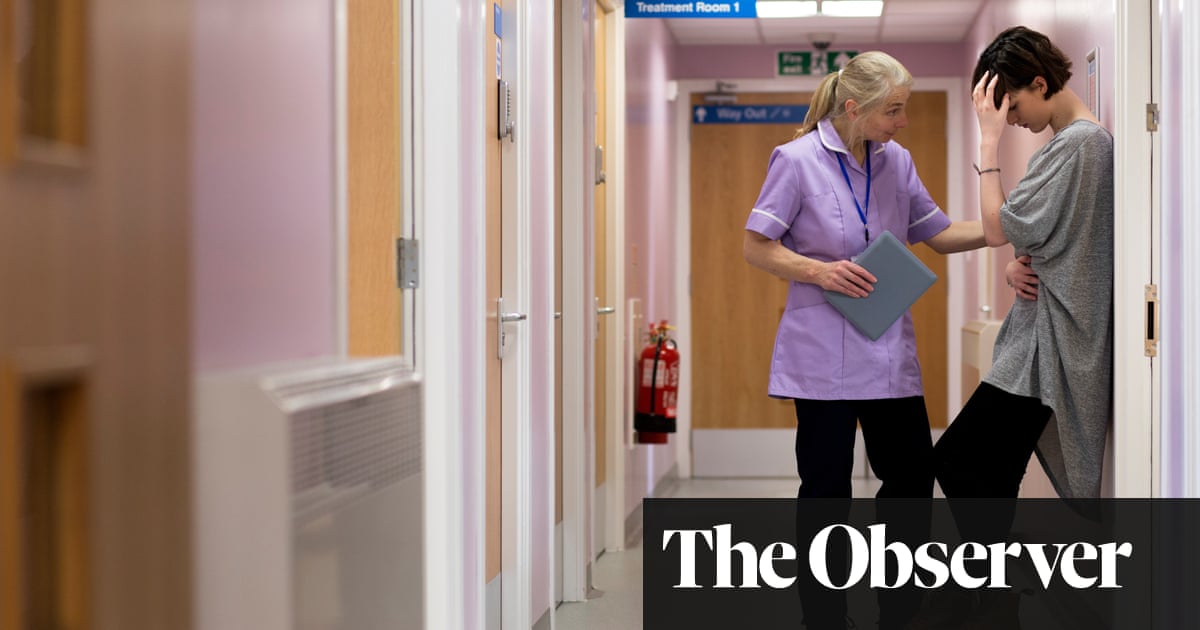
The NHS is under more “extreme pressure” than it was at the height of the pandemic and may not recover from the disruption and fallout caused by Covid for another two years, the head of the NHS in England has warned.
Amanda Pritchard, the chief executive of NHS England, said the health service was “over-reliant” on foreign staff and called for universities to “ramp up” training places for medical workers to address staff shortages.
Pritchard accepted that patients were dying while waiting for urgent and emergency care, after NHS England data showed response times to ambulances fell to the worst on record and a record number of people waited more than 12 hours in A&E departments last month.
NHS England data for December showed the average response time for people requiring an ambulance for a stroke, severe burns or chest pain was 93 minutes, five times the operation target of 18 minutes.
The higher-priority “life threatening” category was also badly affected in December, with ambulance crews taking almost 11 minutes on average to reach patients – including those suspected of having a heart attack.
Pritchard told the Times the NHS was under “extreme pressure … like nothing I have ever experienced” in her 25 years in the health service, and that this was having consequences “not just on patient experience of healthcare but on outcomes as well”.
She said: “We all thought Covid would be the most challenging thing for the NHS but actually, I think it arguably is more challenging now.”
Pritchard thinks the NHS is still only “about halfway through” the fallout from the pandemic and it could take another two years to recover.
“All of us working in the NHS want to do a really good job and my clinical frontline staff really struggle with the fact that they’re not always able to provide the care that they would want to – or that people deserve.”
She added that the emotional toll on doctors and nurses was intense: “There are too many people waiting too long.”
In November, the chancellor, Jeremy Hunt, said he accepted “the picture that the NHS is on the brink of collapse” and that doctors and nurses on the frontline were “frankly under unbearable pressure”.
However, he added that “efficiencies” must be found.
While there is no “magic wand solutions for the level of pressure the NHS is under”, Pritchard wants the NHS to be “very ambitious” about increasing training places.
There are currently more than 133,000 vacancies in the health service. Last year, a survey by the Royal College of Nursing found only a quarter of nursing shifts have the planned number of registered staff on duty – and most nurses reported that staffing levels on their last shift were not sufficient to meet the needs of patients.
Universities need to stop turning away “excellent” applicants so that the NHS can recruit more “homegrown” workers and stop spending £3bn a year on “really expensive” agency staff, Pritchard said.
“There’s no lack of demand. We are seeing universities having to turn away really excellent people, not just for medical degrees but nursing, therapy – across the board,” she said.
Over the next few years, she wants the NHS to be in a position where it is increasingly able to be self-reliant on having a workforce that would meet demand. “We’d be wanting to get to a place where, excepting unusual circumstances which do arise if people are off sick, we actually have enough staff to be able to cover. That’s very different to the £3bn we spend on agency at the moment.”
She added that while she would always welcome foreign-born doctors and nurses, “we have got to a place now where I think, honestly, we are over-reliant on our ability to recruit from overseas”.












